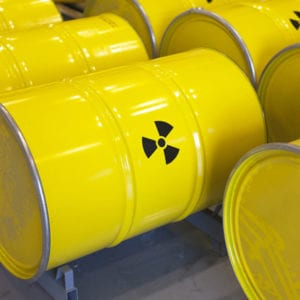
 Engstrom, Lipscomb & Lack has a long and successful history prosecuting mass torts on behalf of victims of toxic pollution. Our environmental litigation practice has included cases of groundwater, air and soil contamination. Sometimes referred to as “Toxic Tort Lawsuits,” these cases typically involve large numbers of individuals making claims against a “polluter,” usually a large company. In addition to representing individual persons who are victims, the firm represents corporations and governmental entities whose land and natural resources have been damaged from a variety of industrial activity.
Engstrom, Lipscomb & Lack has a long and successful history prosecuting mass torts on behalf of victims of toxic pollution. Our environmental litigation practice has included cases of groundwater, air and soil contamination. Sometimes referred to as “Toxic Tort Lawsuits,” these cases typically involve large numbers of individuals making claims against a “polluter,” usually a large company. In addition to representing individual persons who are victims, the firm represents corporations and governmental entities whose land and natural resources have been damaged from a variety of industrial activity.
For a free legal consultation contact our lawyers 310-552-3800
The liability producing events may have occurred decades ago and the persons responsible could be deceased or unavailable. Computerized modeling of contaminant levels in water, air and soil are necessary to prove these cases, often involving a large number of experts and scientific disciplines. We have extensive contacts with qualified experts in many scientific disciplines, which is critical to winning toxic tort cases.
Call or text 310-552-3800 or complete a Free Case Evaluation form

